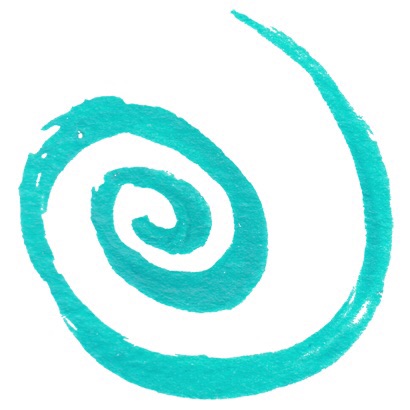I have had some request for more help and information on managing the peri menopausal stage, and my research has been really interesting. Menopause is being discussed much more which is really helpful for men and women to get a greater understanding. But what I found really interesting is how different a women’s body reacts to food and exercise compared to a man’s, and that most of the research is based on male physiology. So the research doesn’t take into account how a women’s body physiology changes as her hormone levels start to change in their 40’and 50’s.
Did you know, for example, that a women’s cholesterol is higher in the first half of her cycle compared to the second half?
And that as you get older your insulin resistance increases as a women?
Let me just explain what insulin resistance is. Insulin is what opens a cell membrane so that glucose can get into the cell to fuel it. All cells need glucose, but if it can’t get in easily, then the glucose stays in your blood stream. This is called insulin resistance, and its the high blood glucose levels that cause lots of problems such as inflammation, diabetes and heart disease. So what does this mean for women in their 40’s and 50’s?
It means that the diet and exercise that worked for them in their 20’3 and 30’s no longer has the same effect, and that the body starts to store the glucose as fat, usually around the tummy and organs! So you could still be going to the gym, and eating your healthy diet but you are putting on weight.
My next really interesting find is that; a women’s body needs different types of exercise and food depending on where she is in her cycle! This is a revelation to me, because on those days in your cycle when you are tired and you just want to eat carbohydrate, you body is actually telling you to slow down, reduce your stress and fuel your body.
Which brings me to my next revelation. You either have stress hormones or sex hormones, not both. This is simply put, but if you are working all hours and not getting enough sleep, not eating the right foods, or working out too much then that acts as a stressor on your body and it produces stress hormones rather than sex hormones. So for women at a peri menopausal stage when oestrogen and progesterone levels are starting to drop, it really knocks those levels down further. Leading to irregular or heavy periods, brain fog, fatigue, hot flushes etc.
However there are stages in a women’s menstrual cycle when they can cope with some stress and exercise better and it can actually improve your oestrogen production. This is at the beginning of the cycle, not long after you have started your period. And this is because oestrogen thrives on strenuous exercise. This is because the hormone needs to be moved around the body, otherwise it can sit, usually in your breast area leading to breast tenderness. This stage lasts until ovulation in the middle of your cycle and then for a few days after. But the week leading up to your period is when progesterone needs to be rising. Progesterone needs reduced stressors and regular good sources of carbohydrate. So this is the time to relax, and take pressure off yourself. Then your period will start on time and reduce the spotting just before.
In the middle of a women’s cycle there is a peak of testosterone. This helps you build muscle so its a good time to use weights in your exercise. Using weights at this point of your cycle will produce much bigger results than if you lifted heavy weight at other stages in your cycle. Muscle mass as you age is important because it increases insulin receptors reducing that insulin resistance affects on the heart and other organs and also improves strength and flexibility reducing pain from arthritis and osteoporosis.
So instead of having a weekly or daily routine for exercise, as women, we need to have a monthly cycle so that some weeks we can really push ourselves to get out of breath, and other weeks to lift more weights and then really slow down at the end of our cycle. This means we are augmenting our hormones rather than fighting them.
There is so much I could on with, as I haven’t started on fasting yet and how that affects our hormones, but I think I will have to put that in my next blog. To find out more all this information this is the work of Dr Mindy Pelz. She has written ‘Fast Like a Girl’ and ‘ The Menopause reset’ which are really helpful books to read. You can also listen to Dr Ragan Chatterjee’s interview of her, on his podcast ‘Feel Better, Live More’
I would be interested to hear your experience of diet and exercise and your hormones. So please get in touch @felicitybooty


